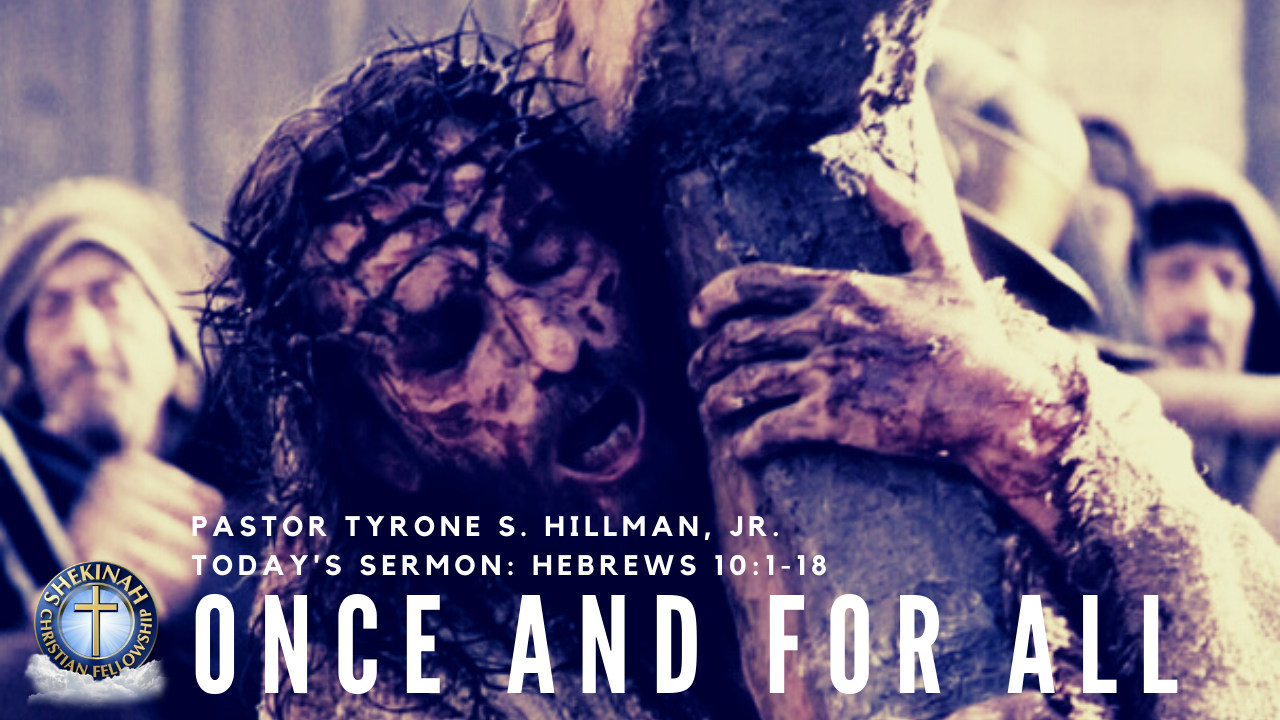Overview
By Doug Smith
Scripture Lesson Text : Jonah 4:1-11
In today’s lesson , we see that Jonah is angry with God because of what God had called him to do. This chapter begins with the continuation of the conversation between God and Jonah. Jonah reveals the reason for his reluctance to go to Nineveh. He didn’t want the people of Nineveh to be forgiven, he wanted them destroyed. Jonah had left from the job of delivering God’s message of destruction to Nineveh.
Now, he wanted to die because the destruction wouldn’t happen.Jonah was more concerned about his own reputation than God’s. He knew that if the people repented, none of his warnings would come true. This would embarrass him, although it would give glory to God. God ministered tenderly to Jonah just as he did to Nineveh and Israel.
God could have destroyed Jonah for his defiant anger, instead He gently taught him a lesson. Jonah was angry that God had spared Nineveh, he forgot that God forgave his own sin, disobedience and spared his life. We see the main theme of the book, was God’s mercy towards the nations of the world.
Related Scriptures
By Janice Hall
Related Scriptures: Exodus 34:4-8; 1 Kings 19:4-8; Matthew 18: 21-35; Luke 15: 25-30
In Exodus chapter 34, God showed His grace by restoring His covenant with His people. Through God’s conversation with Moses, He reveals seven attributes about His character. The Lord God is compassionate, gracious , slow to anger ,abounding in loving kindness ,truth , forgives inquity and transgressions. In 1 Kings 19: 4-8, Elijah had just completed a massive battle with the prophets of Baal and he was exhausted physically , mentally , and spiritually. Elijah flees to the wilderness, where he falls into depression , but then receives encouragement from God.
In Matthew 18:21-35, we find a parable about an unforgiving servant that leads up to the importance of forgiveness and the need to extend grace to others. Forgiveness is something we live, we embody at every moment. Peter asks Jesus how many times he should forgive someone who sins against him and Jesus replies” seventy times seven”.
The parable is the story of a king who forgives a servants debt of millions of dollars, but the servant refuses to forgive a fellow servant a debt of a few thousand dollars. Forgiveness aims for reconciliation instead of conflict or division.
Luke 15: 25-30, is a parable of a father and his two sons, who do not understand their father’s love and grace. The second half of the story shows how the older son bitterly pouted and scolded his father for celebrating his lost brother’s humiliating return. The father graciously reminded his older son of his love for him. The father invited him to choose forgiveness and joy, and to join the celebration. “ This brother of yours was dead and has begun to live and was lost and has been found.”
Practical Points
By Charlene Armstrong
1. God loves all people and His mercy is available to anyone who will repent and believe.
God is so compassionate, gracious, slow to anger, always abounding in love, and willing to relent from sending destruction even to wicked people like the Ninevites. This reminds us today that God’s love and mercy are still available to everyone both saved and unsaved. Jonah struggled with the idea that God would show mercy to the Ninevites. God’s response demonstrated that His love is not limited by human boundaries or prejudices. This teaches believers today that no one is beyond God’s reach, and His forgiveness is extended to all who turn to Him with a genuine repentant heart.
2. God meets us where we are and uses our circumstances to teach us about Himself.
God’s ability to meet us where we are and use our circumstances to reveal Himself is a powerful truth that is at the core of our Christian walk. Whether we experience joy and sorrow, or faith and fear, God is always with us. He isn’t only present during our mountain top victories, He is just as present in our struggles in the valley. We can look at trials and tribulations through a different lens when we see them as opportunities for us to invite God into our circumstances. We allow God to use these moments to teach us more about Himself and experience His immeasurable love for us.




